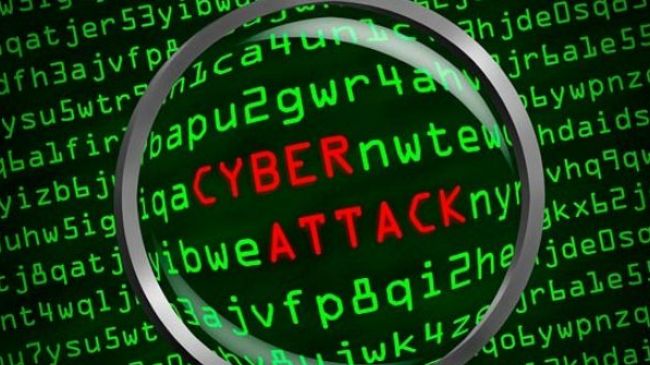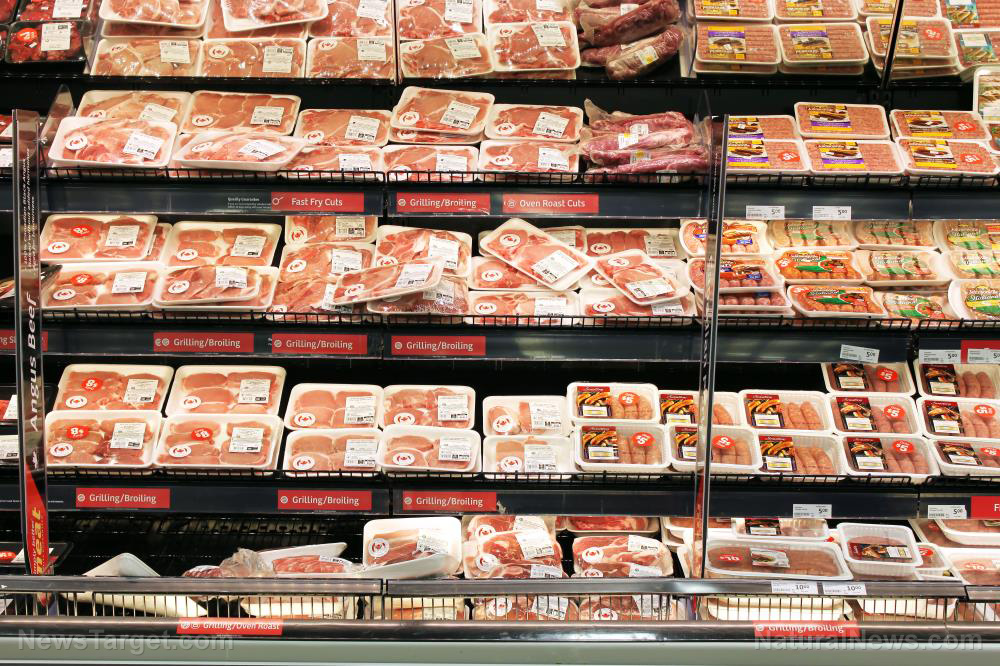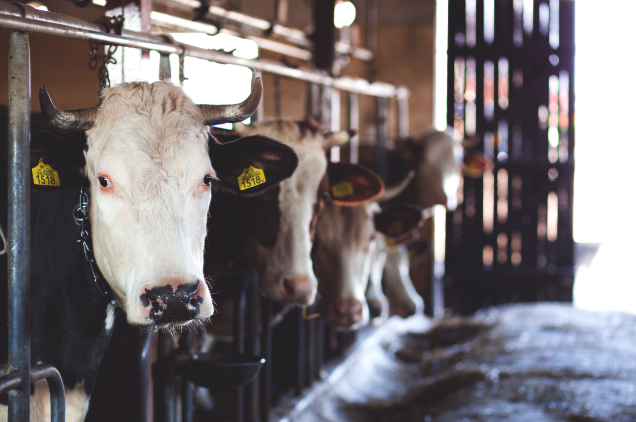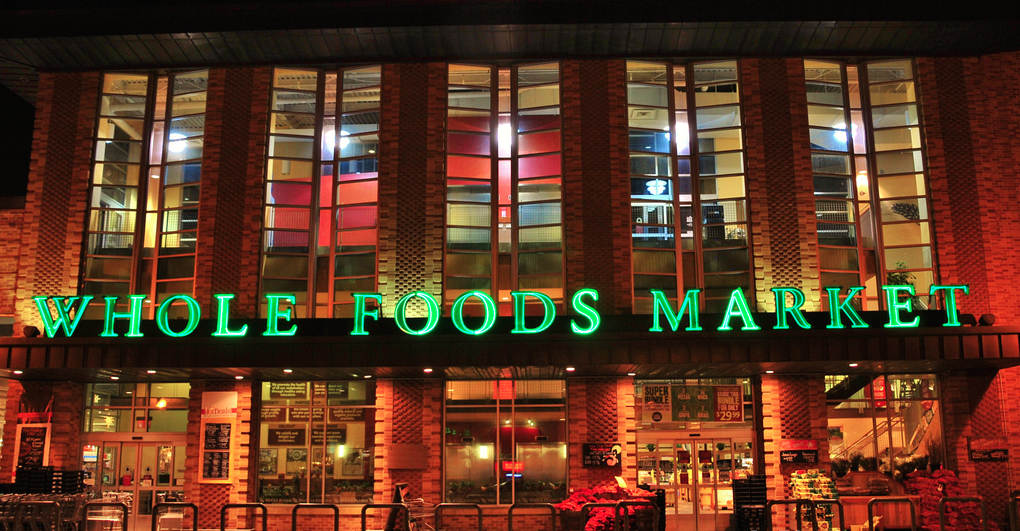
Throughout the Trump administration, so-called "ransomware" attacks -- cyber assaults that cripple companies and infrastructure until they agree to pay millions in 'ransom' to be released from the attack -- were exceedingly rare.
In fact, there wasn't a single major ransomware attack against any critical infrastructure or vital industrial sectors in our country. But since the hapless, decrepit Joe Biden has been in the White House, there have been several, and two within the past month.
First, Russian-based hackers reportedly broke into Colonial Pipeline, a firm whose network of gas and energy pipelines supplies nearly half of the East Coast's needs, and demanded a $5 million ransom, which the company reluctantly paid after about a week of being shutdown. The attack sparked panic buying among residents all up and down the Atlantic Coastline, and within 24 hours gas stations by the hundreds and then thousands were reporting outages.
The lack of supply led the Biden regime to declare a regional emergency: "This Declaration addresses the emergency conditions creating a need for immediate transportation of gasoline, diesel, jet fuel, and other refined petroleum products and provides necessary relief."
Cybersecurity experts even said that the attack was rare, but that they have been picking up recently.
“This attack is unusual for the U.S. But the bottom line is that attacks targeting operational technology — the industrial control systems on the production line or plant floor — are becoming more frequent,” World Economic Forum Center for Cybersecurity Cyber Strategy Lead Algirde Pipikaite said. “Unless cybersecurity measures are embedded in a technology’s development phase, we are likely to see more frequent attacks on industrial systems like oil and gas pipelines or water treatment plants.”
Pipikaite was right. As Breitbart News reports, another vital sector was attacked just days ago:
JBS, the largest beef supplier in the world, reportedly paid ransomware hackers who breached its computer networks about $11 million to regain access to its systems.
NBC News reports that JBS, the largest beef supplier in the world, paid ransomware hackers around $11 million to regain access to its computer networks. Breitbart News reported last month that a cyberattack crippled JBS, the largest meat supplier in the world. The company is also Australia’s largest meat and food processing company with 47 facilities across the country including abattoirs, feedlots, and meat processing sites.
JBS wound up paying the cyber attackers, too.
"For an organization like theirs, it feels like it’s a pretty common extortion demand. For bigger organizations, you’ll tend to see eight-figure extortion demands," said Charles Carmakal, the chief technology officer at cybersecurity firm Mandiant, regarding JBS's decision to pay. “Sometimes, you’ll see what I believe are really large demands, going up to 40, 45, 50 million. Most people don’t want to pay that much and will try to negotiate it down as best they can.”
“This was a very difficult decision to make for our company and for me personally. However, we felt this decision had to be made to prevent any potential risk for our customers," added JBS CEO Andre Nogueira.
So, obviously, these attacks are increasing. But -- where will they go from here? Rebekah Koffler, a former Defense Intelligence Agency analyst who was raised in the Soviet Union, says they're just going to get worse, and from Russia, especially, because Vladimir Putin thinks he is justified.
"Americans are already contending with the consequences of two major Russian cyberattacks, including gas shortages and price hikes due the Colonial Pipeline hack and potentially rising prices on steak and burgers after the JBS meat processing company was hit," she wrote in a Tuesday column at Fox News.
"But get ready, because more is on the way. Moscow will likely further escalate its aggression against U.S. interests. U.S. officials, in charge of keeping America safe have not taken the Russian threat seriously enough. Because Russian President Putin’s goal is much bigger than the infliction of a few inconveniences. It is, rather, the unraveling of our society and the weakening of our nation, which Russia views as the primary threat against it."
Sources include:
Please contact us for more information.





















